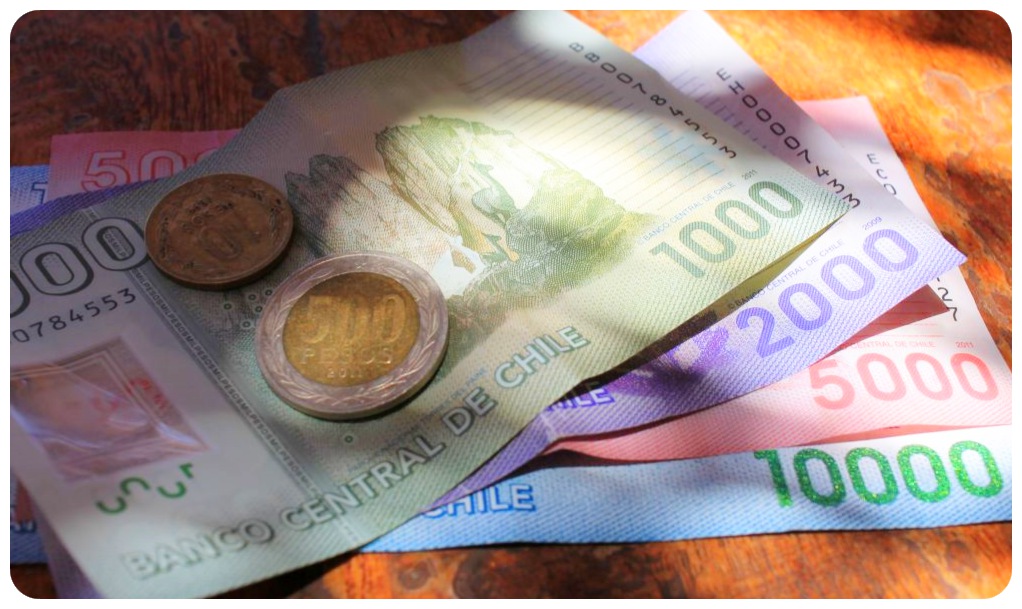Everyone has this question. Indeed, it is an important question to make if you are planning to study abroad. You can’t just get up one day and decide you want to study abroad without some financial planning ahead of time–not unless you happen to come from a wealthier family or have the funds somehow, but I assume most of us don’t. So how do we know how much money we need and how do we get it?

First, talking to your university study abroad advisor or a financial advisor is highly recommended. They will typically plan out the cost of your semester with you and give you an estimate of how much money you will need abroad. At least mine did; however, I have met some people through USAC that told me they were basically on their own because USAC is not sponsored through their school, so if this is your case, you can find charts online. This is the one that pertains to my program: Budget Sheet, which you can use by replacing the pre-entered amounts into each slot.
After figuring out how much your program is going to cost you, you need time to make money because the money isn’t randomly going to appear. Scholarships take time. Working takes time, saving takes time. It will get hectic, but you have to push through it and think of all the good that’s going to come from it.
I knew I wanted to study abroad since I was in high school, so I do think I had an advantage in that I had been saving up for a while when the time to come abroad came. I will admit though, I got scared a semester before I came to Chile and for some reason, I felt like I wouldn’t have enough funds to study abroad. I’m sure it was just me getting anxious about traveling on my own and as a result, freaking out about every single thing, but whatever it was, it made me want to pick up as many shifts at work as I possibly could so that I’d secure as much money as I could, which would lessen the amount of money in loans I would have to take out. This was before I had received the FEA scholarship (which helped my financial-stress levels drop drastically), but I still think working for at least a year before going abroad is a good idea, especially if you want to travel to countries outside of your host country. It also kind of makes you enjoy your time a little more because you remember how hard you worked for it.
The last thing I want to say is to BE SMART WITH YOUR MONEY! Do not get overly excited at the fact that you are abroad and you want to buy everything interesting you see. You need to plan out exactly how you want to spend your funds and at what rate because if you don’t, you might find out you’re already two-thirds through your savings and you still have more than half of the semester left. Trust me, that’s not what you want. Know your limits, don’t eat out when it’s unnecessary, and don’t buy things you don’t really need while you’re abroad. Plan ahead and definitely bring a little more than you think you will need just in case something unexpected happens.
*
I wanted to write this post for my inquisitive friends who ask me how I was able to study abroad and cover my finances and how I manage everything. I strongly encourage applying to scholarships (FEA being one of them, of course) and really planning ahead of time so you have enough time to acquire the funds needed for the activities you want to take part in during your study abroad experience.
I also wanted to write this because my spring break began today and I have a trip planned for Patagonia this upcoming week. I want to write about my trip–and I will, but I also didn’t want to make it seem like I just had money “to throw around,” so I’m prefacing that experience by explaining how I acquired funds to study abroad (plus travel), and to show that good things come when you put a little more effort and time into planning and working.
I’ll talk to you next week,
J
